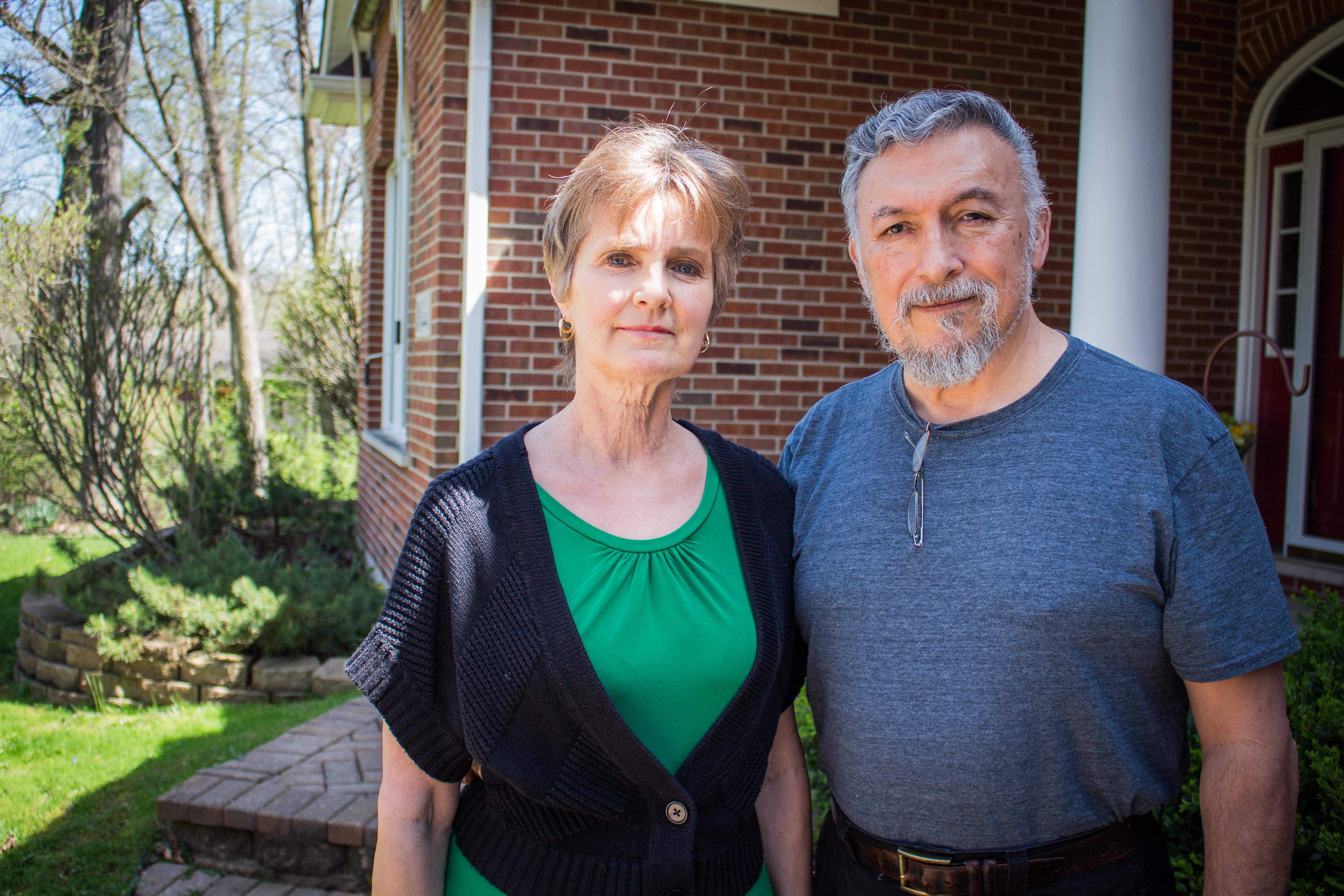What Illinoisans should know about their taxes
The average income of taxpayers who leave Illinois is $20,000 more than the taxpayers who arrive here.
Tax Day might be behind us, but Illinoisans have plenty of reasons to worry about their finances.
Here are three things families in the Land of Lincoln need to know about the cut government takes from their pocketbooks.
First, the real pain doesn’t come on the tax forms due April 18. It comes in envelopes arriving twice a year: property tax bills. These bills are the primary reason a recent study found people in Illinois bear the highest state and local tax burden in the nation.

Laura Valdez in Sandwich, Illinois, spoke of the dread she and her husband feel before that bill arrives.
“On property taxes, it’s gone from frustration to fear,” Valdez said. “Are we even going to be able to sell our home when someone does the math on the taxes?
“Since we moved in, our house’s value is down $90,000 but the property tax bill has doubled.”
Valdez says she must use 10 to 15 percent of her family’s income just to pay real estate taxes.
Statewide, residential property taxes eat up more than 6 percent of typical household income. That share is up more than 75 percent since 1990, and without major reforms to keep local government spending in check, the upward spiral won’t slow down anytime soon.
The second thing that should concern Illinoisans about taxes: State revenues are slipping. In a healthy economy, tax revenues should be growing steadily even as the tax rate stays flat. That’s not happening here.
Compared with this point last fiscal year, Illinois has taken in $1.3 billion less in state revenues. Keep in mind state tax rates haven’t changed since then. Corporate income tax receipts alone are down nearly $750 million. This means Illinois could be flirting with a statewide recession.
Jobs growth is weak, business activity is low and people are leaving the state in record numbers. So a massive tax hike – such as the one included in the Illinois Senate’s “grand bargain”– is exactly what lawmakers shouldn’t be doing as the state starves for economic growth.
Third, Illinoisans should know who pays.
The most recent data from the Illinois Department of Revenue show that the top 19 percent of Illinois taxpayers (people taking home more than $100,000 a year) cover more than 64 percent of the state’s income taxes.
Illinoisans earning more than $1 million a year pay 15 percent of Illinois’ income taxes, or $2.6 billion. That’s equal to the income tax bill paid by the bottom 58 percent of earners combined.
Some people may still think that’s not enough. They say wealthier Illinoisans are not paying their fair share. And they’re welcome to think that.
But good luck forcing well-heeled taxpayers to stick around.
Wealth flight is all too real here. Illinois is experiencing record levels of out-migration. And since the 2011 income tax hikes, the income difference between the people coming in and the people heading out has grown drastically.
The average income of taxpayers who leave the state ($77,000) is $20,000 more than the taxpayers who arrive here ($57,000), according to data from the Internal Revenue Service. That’s the largest difference in the nation.
And don’t think millionaires are blind to the growing herd of people leaving. In fact, a 2015 report estimated Chicago was the only American city to see significant loss of millionaire households. With a net loss of 3,000 millionaires, Chicago was among the likes of Athens and Rome.
No one likes Tax Day, but Illinoisans are suffering from a different type of terror. Maybe April 18 knocked some sense into state lawmakers who can’t seem to get dreams of multibillion-dollar tax hikes out of their heads.
One can hope.
